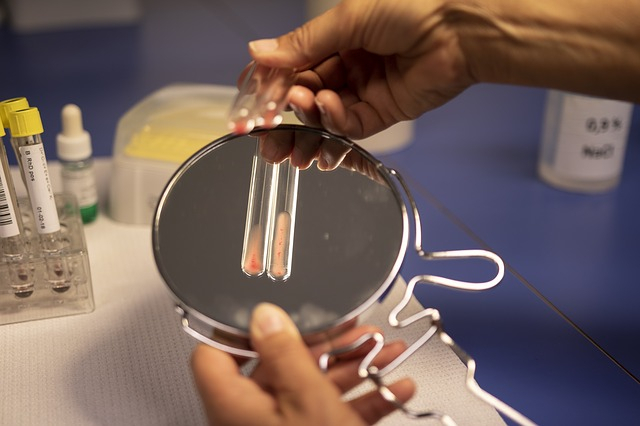The US health regulator Food and Drug Administration (FDA) has granted approval to the Columbia University to launch clinical trials to determine whether blood plasma from COVID-19 survivors can be used to prevent infections in high-risk individuals.
Dr W Ian Lipkin, director of Columbia's Center for Infection and Immunity, is leading the study in collaboration with colleagues.
"We appreciate the FDA's approval of this trial, which has the potential to help us protect courageous frontline healthcare workers and first responders during this crisis," Lipkin said in a statement.
Amazon has made a $2.5 million grant to fund research at Columbia University Mailman School of Public Health.
"The study is a critical first step in understanding if plasma donated from COVID-19 survivors can provide effective preventative care for frontline healthcare workers and those at high-risk of poor outcomes from the disease," Amazon said in a statement.

Plasma with antibodies
According to the FDA, plasma with antibodies from individuals who recovered from viral infections has been used to treat influenza, measles, MERS, Ebola, and SARS. Small scale studies in China have suggested that convalescent plasma may be effective in preventing and treating COVID-19.
In recent years, the Centre for Infection and Immunity (CII) team at the University has helped to reduce the impact of numerous pathogens, including viruses that cause respiratory diseases, hemorrhagic fever, or neurodevelopmental damage in humans, such as SARS, MERS, Lujo, Ebola, and Zika.
In CII's Biosafety Level 3 (BSL-3) lab, researchers will test plasma for its capacity to neutralize SARS-CoV-2 and will measure its impact on virus replication and shedding, using molecular tests.
The studies will be randomised to ensure that results provide an accurate assessment of the potential value or risk of plasma therapy in preventing or treating COVID-19.
A total of 450 individuals will receive either convalescent or normal plasma: 150 health care workers at Columbia University Medical Centre (CUIMC), 200 close contacts of COVID-19 patients at CUIMC, and 100 COVID-19 patients in the ICU at CUIMC.








